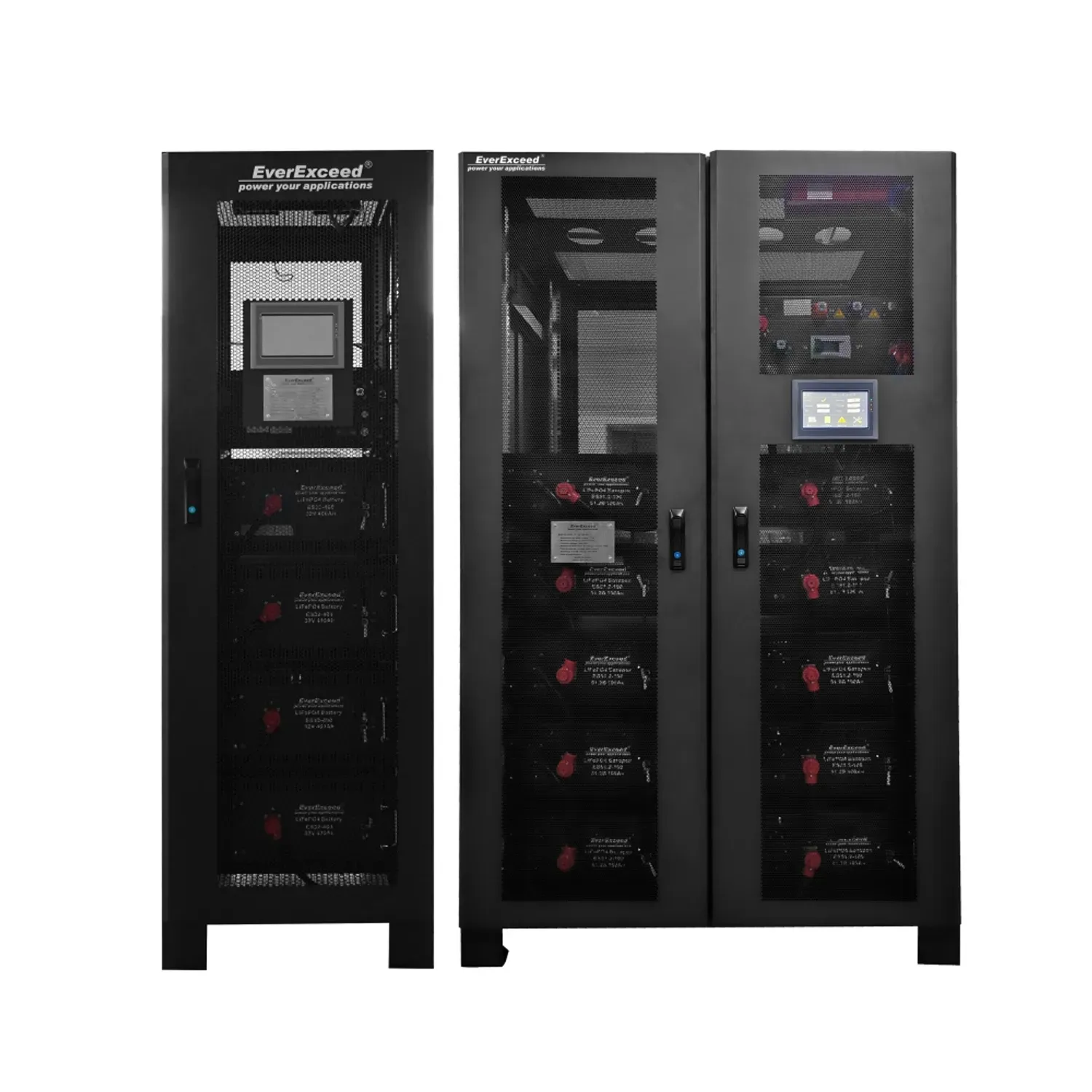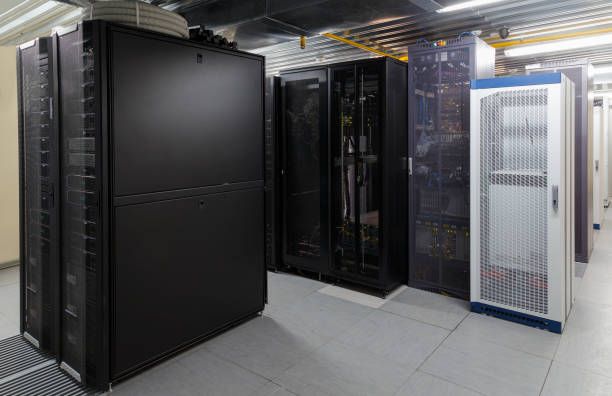
Get a Quote
How to Choose Battery for UPS?
When selecting a battery for your Uninterruptible Power Supply (UPS), the choices can seem overwhelming. Whether you're protecting sensitive equipment in a data center, ensuring consistent power for your home office, or maintaining critical systems in an industrial setting, choosing the right UPS battery is crucial. This article will guide you through the key factors to consider and help you make an informed decision.
Understanding the Importance of UPS Batteries
What is a UPS Battery?
A UPS battery is an essential component of any UPS system, providing backup power in the event of a power outage. It ensures that your devices remain operational, preventing data loss, hardware damage, and downtime.
Why is Choosing the Right Battery Important?
The right UPS battery can make the difference between seamless power continuity and costly interruptions. The longevity, reliability, and capacity of the battery directly impact the performance of your UPS system. Therefore, it's essential to choose a battery that aligns with your specific needs and environment.
Which Type of Battery is Used in UPS?
Lead-Acid Batteries
Lead-acid batteries are the most common type used in UPS systems. They are known for their reliability, cost-effectiveness, and availability. There are two main types of lead-acid batteries:
Valve-Regulated Lead-Acid (VRLA) Batteries
VRLA batteries are sealed, maintenance-free, and designed for stationary applications. They are ideal for environments where regular maintenance is challenging.
Flooded Lead-Acid Batteries
Flooded lead-acid batteries require regular maintenance and monitoring. They offer a longer lifespan and better performance in high-temperature environments.
Lithium-Ion Batteries
Lithium-ion batteries are becoming increasingly popular for UPS systems. They offer several advantages over lead-acid batteries, including longer lifespan, lighter weight, and faster charging times. However, they are more expensive upfront.
Nickel-Cadmium (NiCd) Batteries
NiCd batteries are known for their durability and ability to perform well in extreme temperatures. They have a higher upfront cost but can be a cost-effective solution in the long run due to their longevity and low maintenance needs.
Wonder to know the differences among these UPS batteries? Read Different Types of Battery for UPS to find their pros and cons!
Factors to Consider When Choosing a UPS Battery
Battery Size, Capacity and Runtime
When choosing a UPS battery by size, consider the physical dimensions and weight of the battery to ensure it fits within your UPS system.
The capacity of a UPS battery, measured in ampere-hours (Ah), determines how long it can provide power during an outage. Consider the power requirements of your equipment and the desired runtime to choose a battery with sufficient capacity.
Voltage Compatibility
Ensure that the battery voltage matches the specifications of your UPS system. Using an incompatible battery can result in poor performance or damage to the UPS.
Compatibility
Ensure the battery fits your UPS system both in size and connection type. Confirm that the battery's voltage and ampere-hour rating are compatible with your system to optimize performance and prevent operational issues.
Lifespan and Durability
Battery lifespan varies depending on the type and usage conditions. Consider the expected lifespan and the warranty offered by the manufacturer. Choose a battery designed to withstand the environmental conditions of your installation site.
Maintenance Requirements
Some batteries require regular maintenance, such as checking fluid levels and performing equalization charges. If maintenance resources are limited, opt for maintenance-free batteries like VRLA or lithium-ion.
Certifications
Select batteries that hold relevant safety and performance certifications like UL, CE, or IEC. These certifications indicate the battery has been rigorously tested and meets international standards for safety and reliability, crucial for ensuring compliance and trust in its performance. Remember to buy UPS batteries from professional battery manufacturers whose products are all certificated, such as EverExceed.
Cost and Budget
While lithium-ion batteries have a higher initial cost, they may offer savings over time due to their longer lifespan and lower maintenance needs. Weigh the upfront cost against the total cost of ownership when making your decision.
Choosing UPS Batteries for Different Environments
Data Centers and Server Rooms
Data centers require high-reliability UPS systems with batteries that offer extended runtimes and quick recharge capabilities. Lithium-ion batteries are often preferred for their efficiency and space-saving benefits.
Home and Small Office
For home and small office use, VRLA batteries are a practical choice due to their affordability and low maintenance. Ensure the battery provides enough runtime to safely shut down equipment during an outage.
Industrial and Harsh Environments
In industrial settings, batteries must withstand extreme temperatures, vibrations, and other harsh conditions. NiCd batteries are well-suited for these environments due to their robustness and reliability.
How to Maintain Your UPS Battery
Regular Testing
Perform regular testing to ensure your UPS battery is functioning correctly. Many UPS systems have built-in self-test features that can help you monitor battery health.
Proper Storage
Store UPS batteries in a cool, dry place to extend their lifespan. Avoid exposing them to extreme temperatures or humidity.
Follow Manufacturer Guidelines
Adhere to the manufacturer's maintenance and usage guidelines to maximize the lifespan and performance of your UPS battery.
Conclusion
In conclusion, selecting the right UPS battery is pivotal for ensuring uninterrupted power supply and safeguarding critical equipment. By considering factors such as battery type, capacity, lifespan, and environmental suitability, you can make an informed decision that meets your specific needs.
When it comes to reliable UPS solutions and high-quality UPS lithium batteries, EverExceed stands out as a trusted provider. With a diverse range of UPS batteries tailored for various applications, EverExceed offers cutting-edge technology, exceptional performance, and unparalleled reliability. Their commitment to innovation, quality, and customer satisfaction makes them the ideal choice for powering your critical systems. Whether you're looking to protect data centers, industrial facilities, or home offices, EverExceed provides comprehensive power solutions to meet your requirements. Make the smart choice today and partner with EverExceed for all your UPS battery needs.


